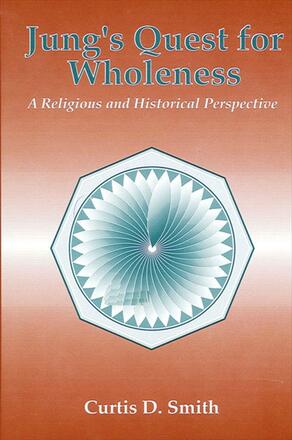
Jung's Quest for Wholeness
A Religious and Historical Perspective
Alternative formats available from:
Description
Here is a unique analysis of Carl Jung's thought from the perspective of the history of religions. Using a religious and historical approach, the author identifies the religious goal or ultimate concern of Jung's psychological system, and traces the evolution of that goal throughout his Collected Works.
This book focuses on the historical development of a key component of Jung's thought—the quest for wholeness—and shows how it functions as the ultimate concern of his psychotherapeutic system. The relationships among many of Jung's important concepts, such as his "complex" theory, the individuation process, archetypal symbolism, therapeutic concerns, alchemy, and Eastern religions, are given a new sense of order and significance when viewed in this historical light. Rather than presenting a haphazard array of seemingly endless topics, this work emphasizes the continuity underlying Jung's early and later writings.
The evolution of Jung's work is divided into three distinct phases: developmental, formative, and elaborative. Whereas the developmental period consists of the time prior to the creation of Jung's ultimate concern, it was during the formative phase that Jung began to consolidate the contours of his newly emerging system. During the elaborative phase, Jung expanded and clarified his ultimate concern and pattern of ultimacy. This book shows that the evolution of Jung's thought moved from a concern with psychic fragmentation, to individual wholeness, and then to cosmic unity.
Curtis D. Smith holds a Ph. D. in the Psychology of Religion and M. A. degrees in Counseling and Human Development and in the History of Religions.